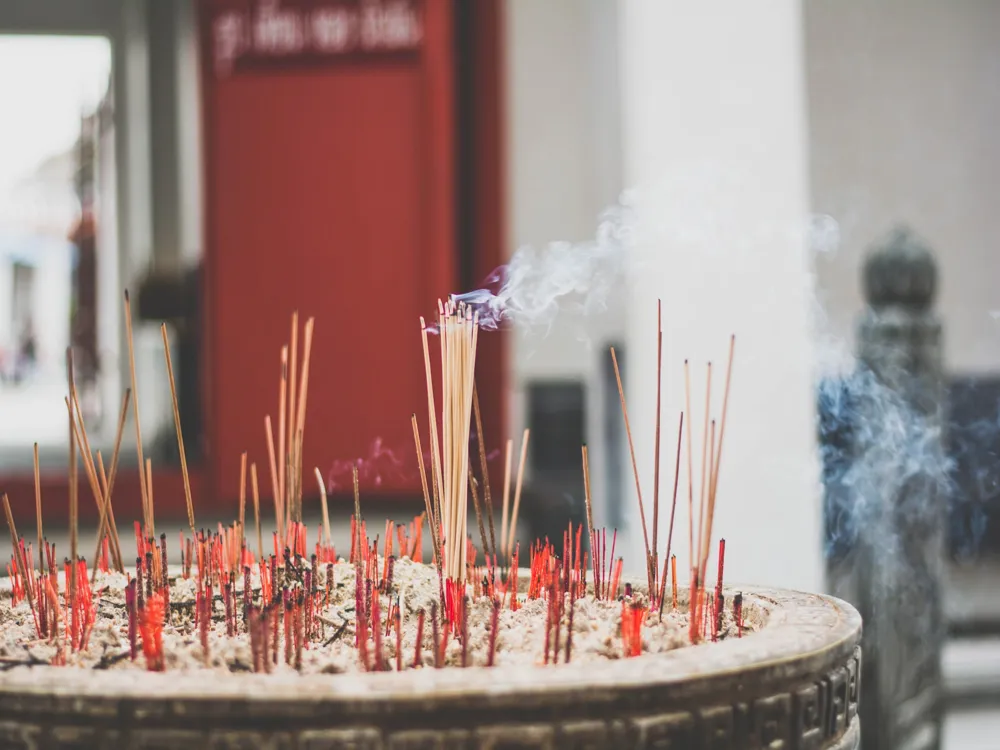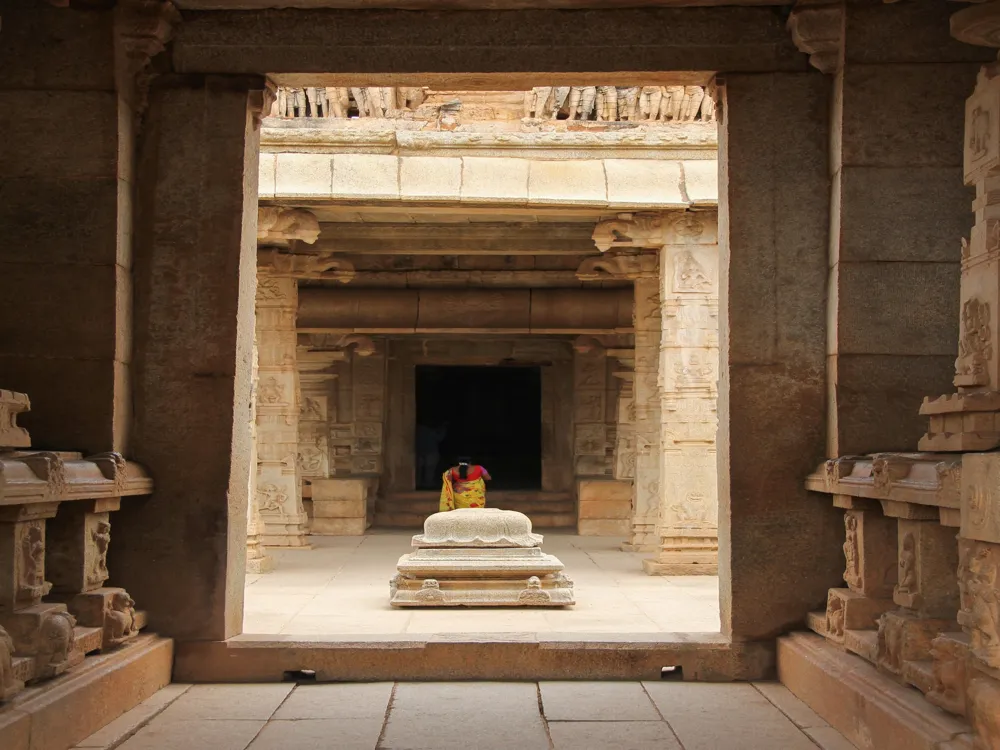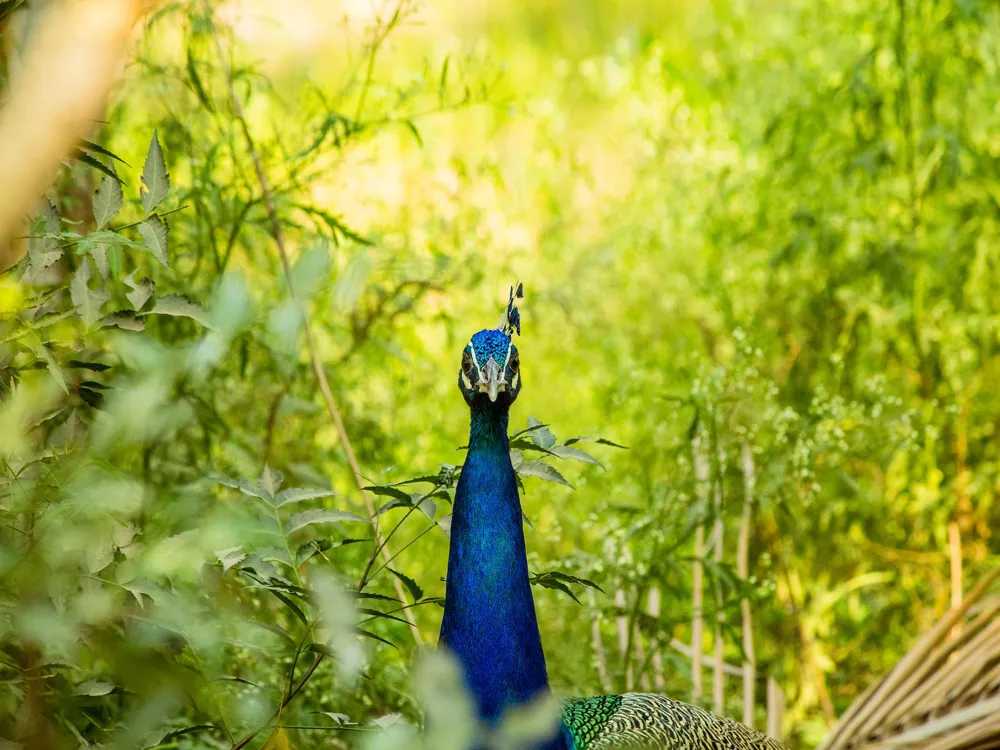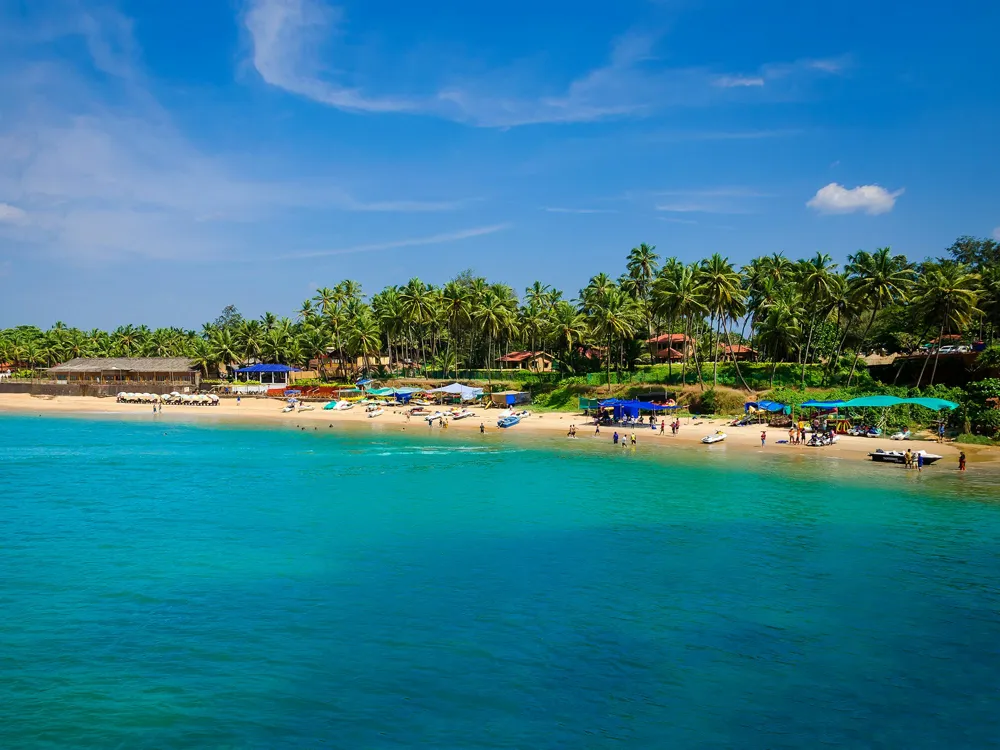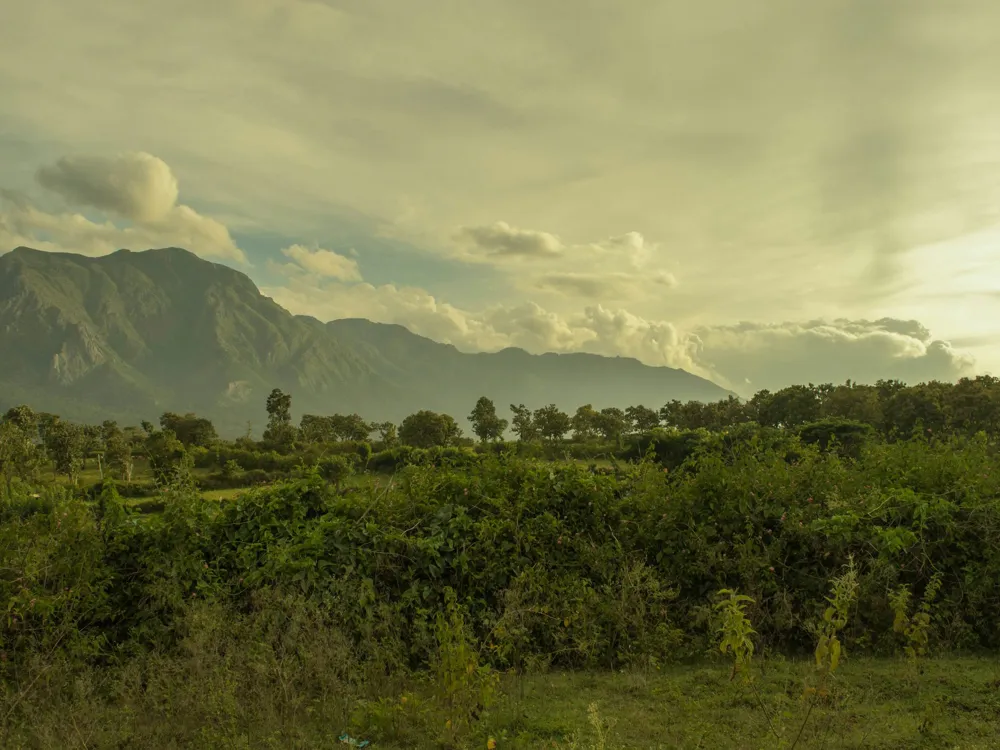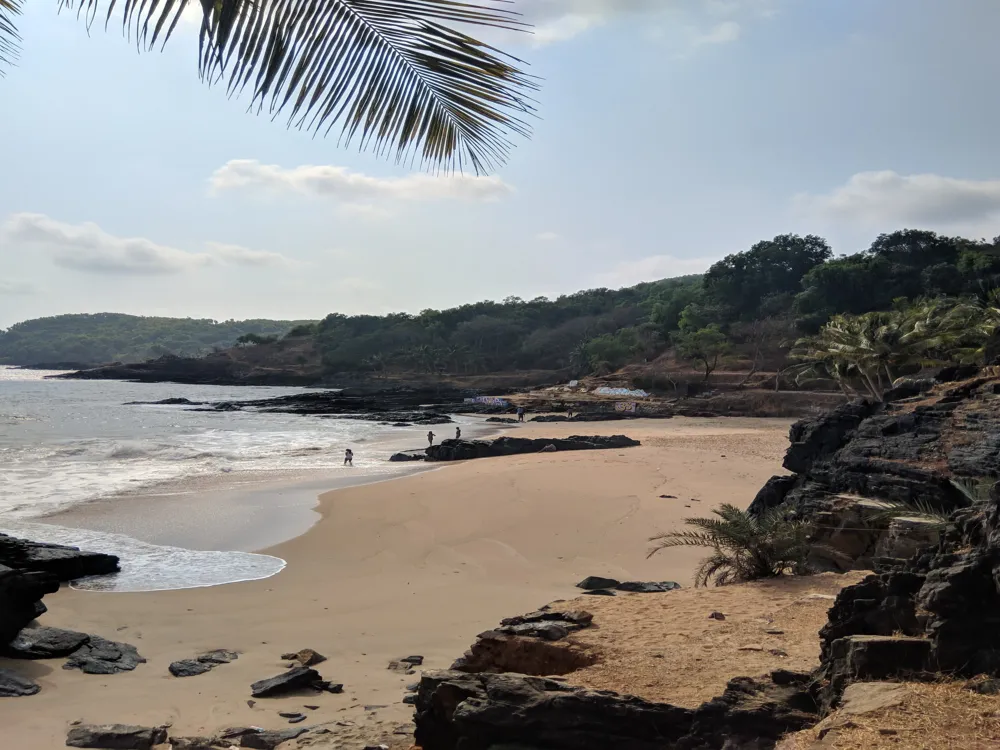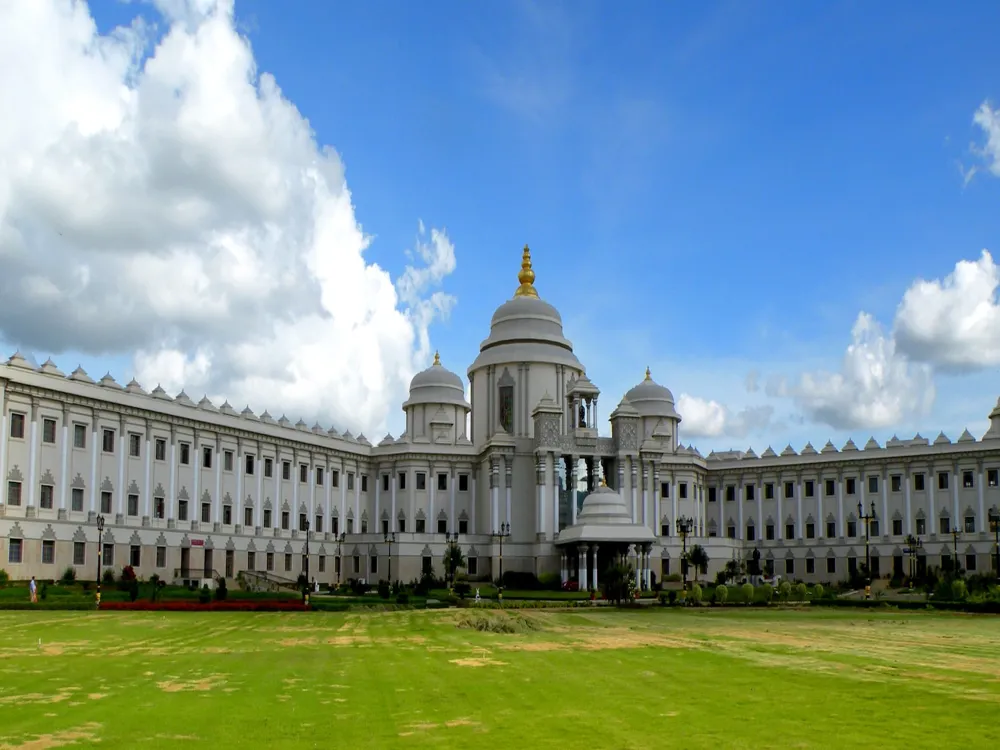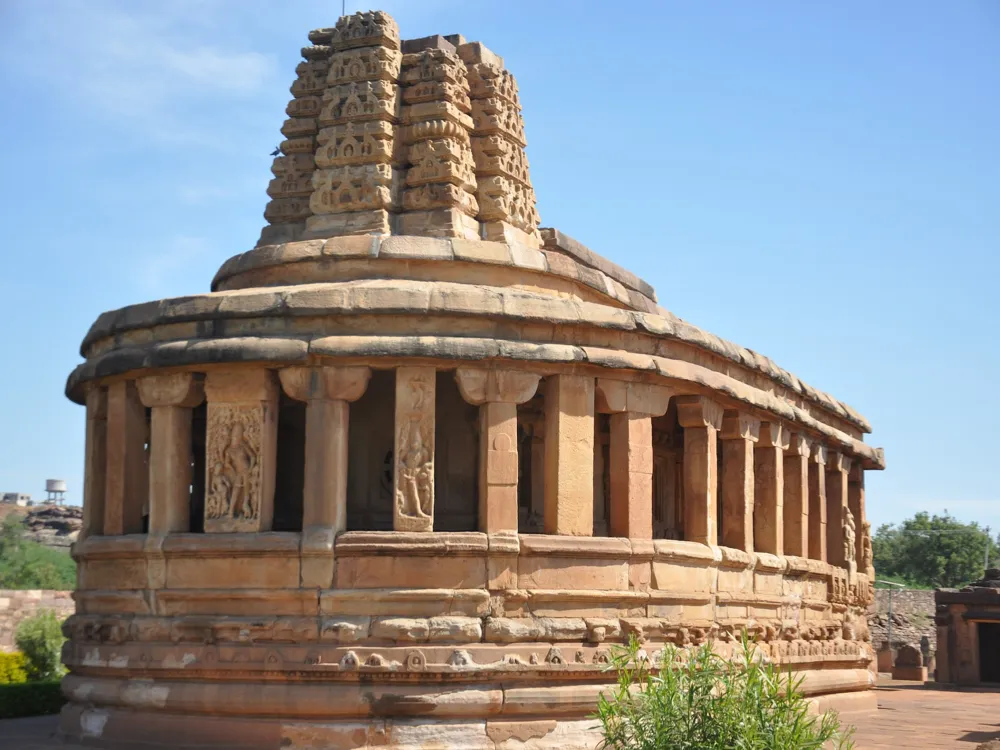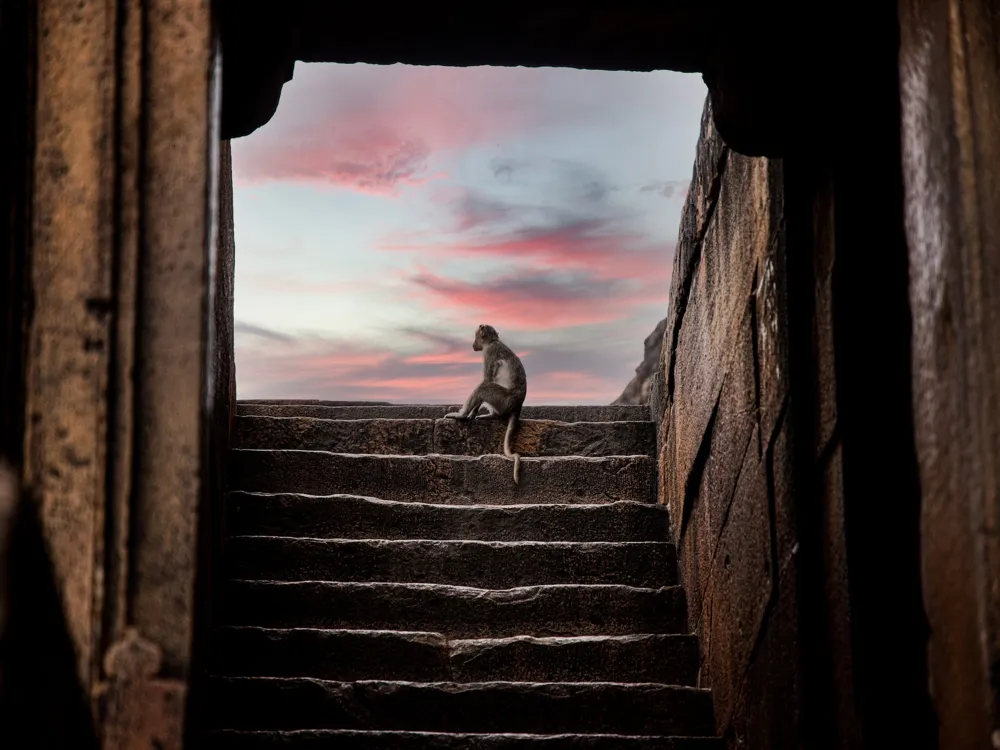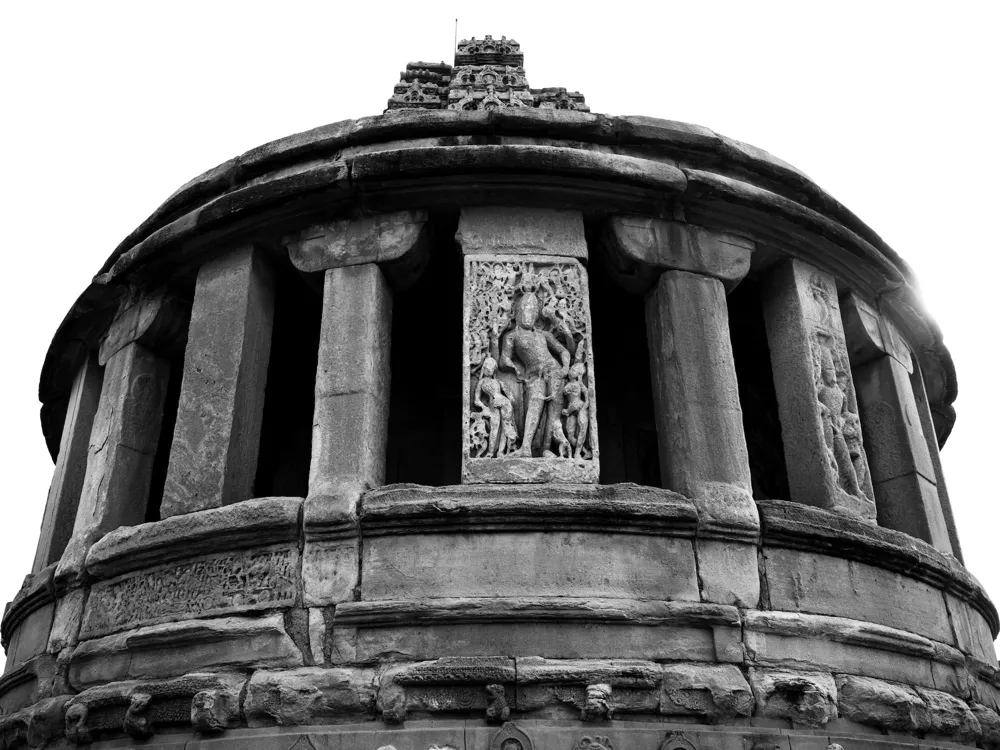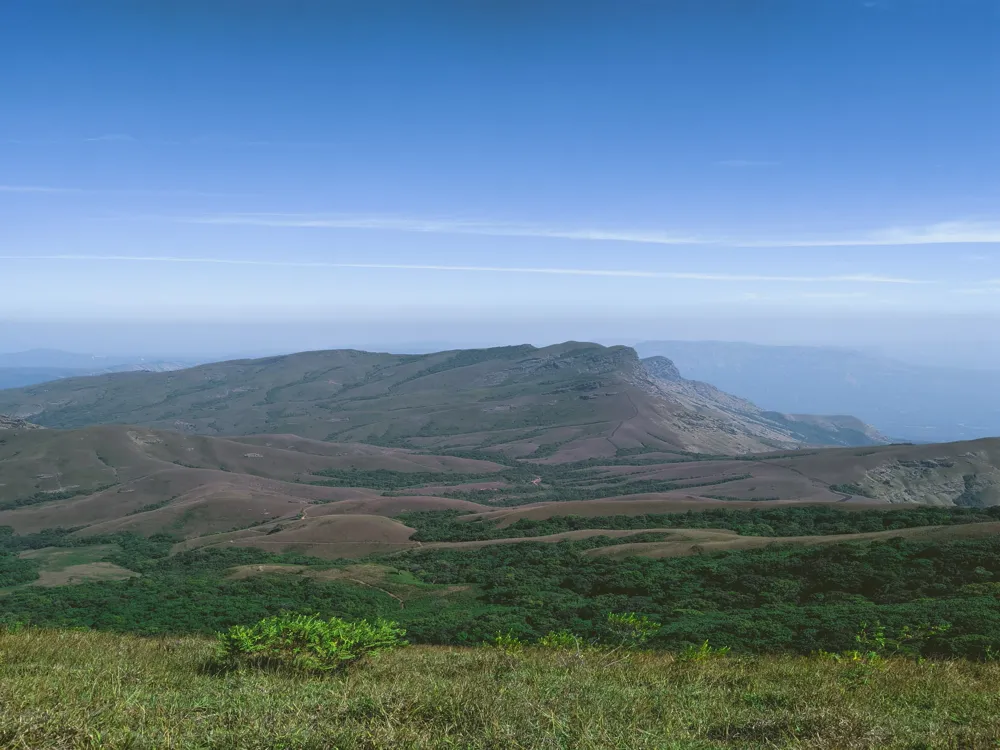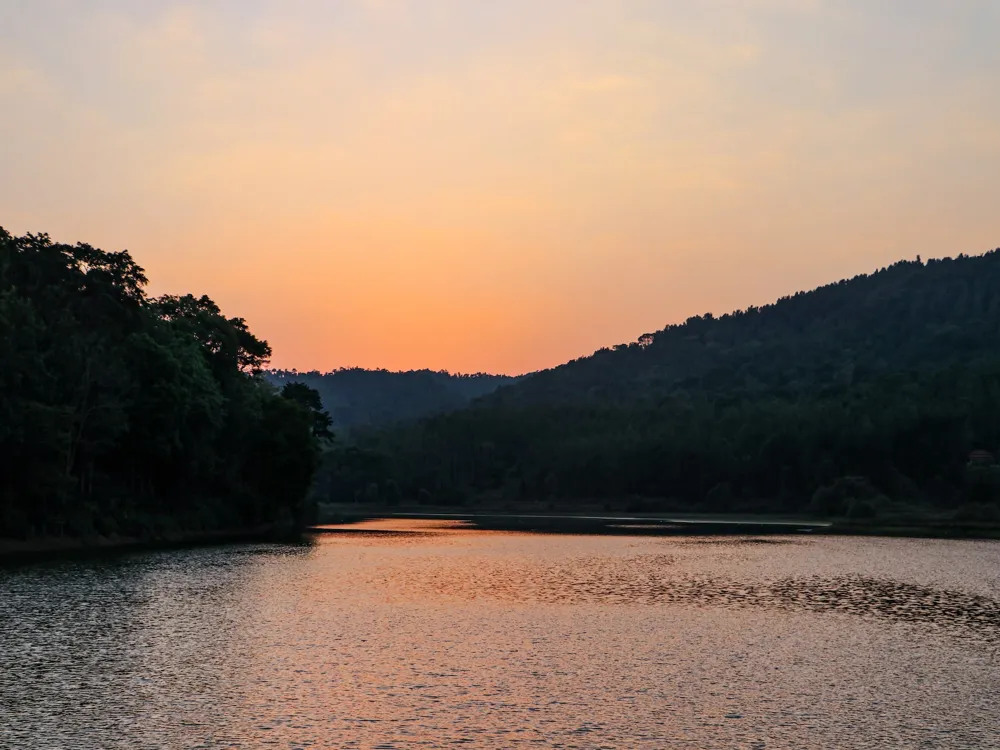The Old Palace, often referred to as the 'Ancient Ruins of Hampi,' is a historical marvel situated in the heart of Karnataka, India. Known for its captivating history and stunning architecture, Hampi was once the capital of the Vijayanagara Empire, one of the largest Hindu empires in India's history. The Old Palace is a testament to the grandeur of a bygone era, offering a window into the life and times of the 14th to 16th centuries. This UNESCO World Heritage Site, set amidst the rocky terrains of the Deccan Plateau, boasts a landscape filled with large boulders, ancient monuments, and the remains of what was once a flourishing empire. The history of Hampi is deeply interwoven with the legends of the Ramayana, making it a site of both historical and mythological significance. It is believed that Hampi was the monkey kingdom of Kishkindha, where Lord Rama met Hanuman and his monkey army during his quest to rescue Sita. The Old Palace, along with the surrounding ruins, spreads across an area of approximately 26 square kilometers, encompassing more than 1,600 surviving remains of the last great Hindu kingdom in South India. These remains include forts, royal and sacred complexes, temples, shrines, pillared halls, mandapas, memorial structures, water structures, and others. A visit to the Old Palace of Hampi is like stepping back in time. Each stone, each ruin, and each structure tells a story of a powerful, wealthy empire and its remarkable achievements in architecture, culture, and administration. The site attracts historians, archaeologists, and tourists from around the globe, all drawn to its ancient charm and historical significance. Whether you're a history buff, a lover of architecture, or simply someone who appreciates the beauty of ancient civilizations, the Old Palace of Hampi is a destination that promises an enriching and unforgettable experience. The architecture of the Old Palace of Hampi is a magnificent showcase of Dravidian art and architecture. This architectural marvel is renowned for its intricate carvings, expansive courtyards, magnificent temples, and grandiose structures, each telling a story of the empire's innovative and skilled craftsmanship. The unique blend of religious, military, and civil architecture speaks volumes about the advanced architectural techniques and aesthetic sensibilities of the Vijayanagara period. One of the most striking features of Hampi's architecture is its use of locally sourced materials. The builders primarily used the region's abundant granite, which they skillfully carved into elaborate statues, pillars, and temple complexes. The remains of the Old Palace reveal a deep understanding of structural engineering, as seen in the complex's stability and endurance over centuries. The site consists of several architectural highlights, including the Virupaksha Temple, Vittala Temple, Lotus Mahal, and the Queen's Bath, each showcasing unique aspects of Vijayanagara architecture. The Virupaksha Temple, dedicated to Lord Shiva, stands tall as a symbol of religious significance and architectural grandeur. The temple's towering gopura (gateway tower) is adorned with intricate carvings and sculptures, depicting scenes from Hindu mythology. The Vittala Temple, another architectural masterpiece, is famous for its musical pillars, which produce musical notes when struck. This feature highlights the architects' deep understanding of both architecture and acoustics. The Lotus Mahal, with its blend of Hindu and Islamic architectural styles, showcases the secular nature of the Vijayanagara Empire. Its symmetrical design, arched gateways, and lotus-like dome stand out as a testament to the empire's architectural prowess. The Queen's Bath, an elaborate aquatic structure, reflects the luxury and sophistication of the royal lifestyle. It features an open sky roof and an intricate network of canals and aqueducts, illustrating the empire's advanced understanding of water management systems. The ideal time to visit the Old Palace of Hampi is from October to March, when the weather is pleasant, making it conducive for exploration and sightseeing. Visitors are encouraged to respect the historical significance of the site by not defacing the ruins and adhering to the guidelines set by the authorities. Opting for a guided tour can greatly enhance your understanding of the site's history and architecture, as local guides are often well-versed in the lore and legends of Hampi. Photography is allowed, but it's important to be mindful of not causing damage to the structures. Tripods may require special permission. Given the expansive area of the site, wearing comfortable clothing and shoes is advisable for ease of exploration. The climate can be quite warm, especially during midday, so carrying water and staying hydrated is crucial. There are various accommodations available near Hampi, ranging from budget stays to luxury resorts. Booking in advance is recommended. Exploring local cuisine is a must when in Hampi. The region offers a variety of dishes that reflect the local culture and traditions. Hampi is well-connected and accessible by various means of transportation. The nearest airport is in Bellary, about 60 kilometers away. From there, one can hire a taxi or take a bus to Hampi. For those preferring to travel by train, Hospet is the nearest railway station, situated about 13 kilometers from Hampi. Regular bus services and taxis are available from Hospet to Hampi. Additionally, driving to Hampi is a feasible option, with well-maintained roads connecting it to major cities like Bengaluru and Hyderabad. Read MoreOverview of the Old Palace of Hampi, Karnataka
Architecture of Old Palace, Hampi
Tips for Visiting Old Palace, Hampi
Best Time to Visit
Respecting the Site
Guided Tours
Photography
Wear Comfortable Attire
Staying Hydrated
Accommodations
Local Cuisine
How To Reach Old Palace, Hampi
Old Palace
Hampi
Karnataka
NaN onwards
View hampi Packages
Weather :
Tags : Forts & Palaces
Timings : 8:00 AM to 6:00 PM daily
Planning a Trip? Ask Your Question
Also Refered As:
Gagan Mahal
Hampi Travel Packages
View All Packages For Hampi
Top Hotel Collections for Hampi

Private Pool

Luxury Hotels

5-Star Hotels

Pet Friendly
Top Hotels Near Hampi
Other Top Ranking Places In Hampi
View All Places To Visit In hampi
View hampi Packages
Weather :
Tags : Forts & Palaces
Timings : 8:00 AM to 6:00 PM daily
Planning a Trip? Ask Your Question
Also Refered As:
Gagan Mahal
Hampi Travel Packages
View All Packages For Hampi
Top Hotel Collections for Hampi

Private Pool

Luxury Hotels

5-Star Hotels

Pet Friendly







